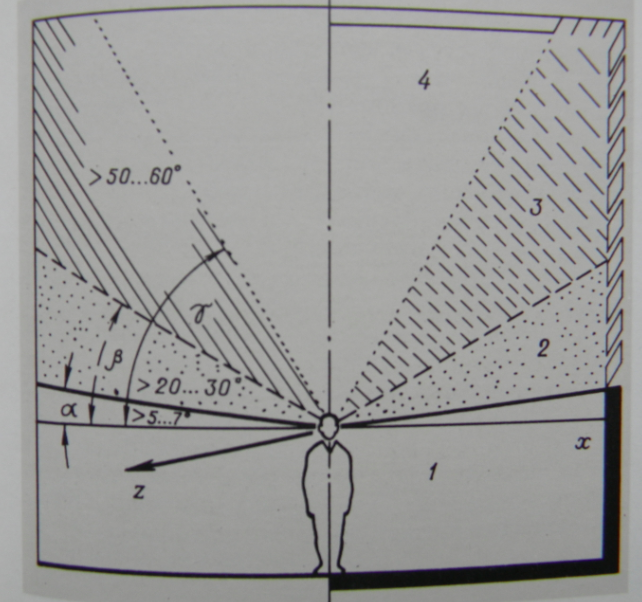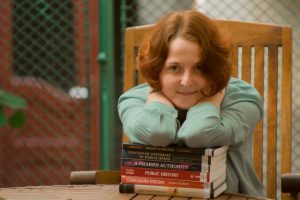The event has a format of a workshop, with the guest researchers to discuss academic projects and research works on different stages of progress, and of the completed projects prepared for print.
Participation in the Urban Seminar implies reading and discussing the researcher’s text. If you wish to join the workshop, please, send an email to Maryana Mazurak ([email protected]) to receive the materials in advance.
Credits
Cover image: The condition for perceiving urban space. Source: Rudnitskii, A. (1985). Upravlenie gorodskoi sredoi. L’vov: Vyshcha Shkola, 69.

